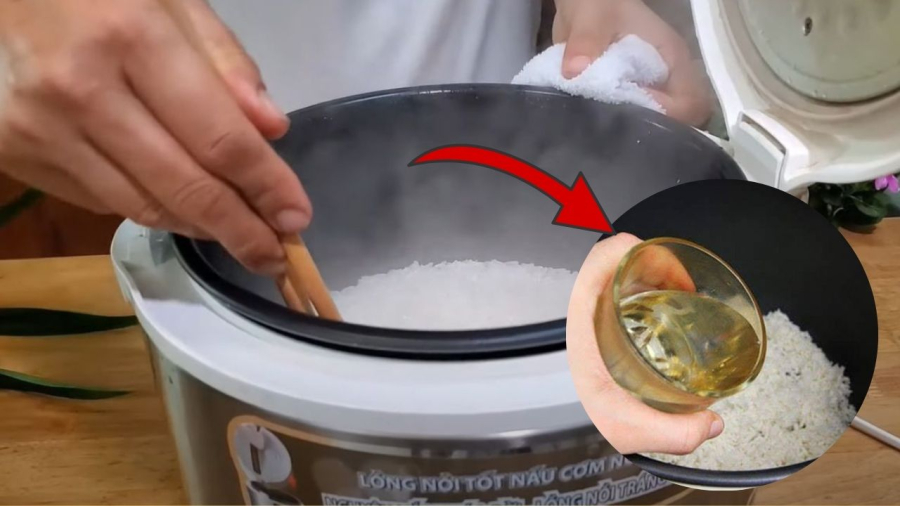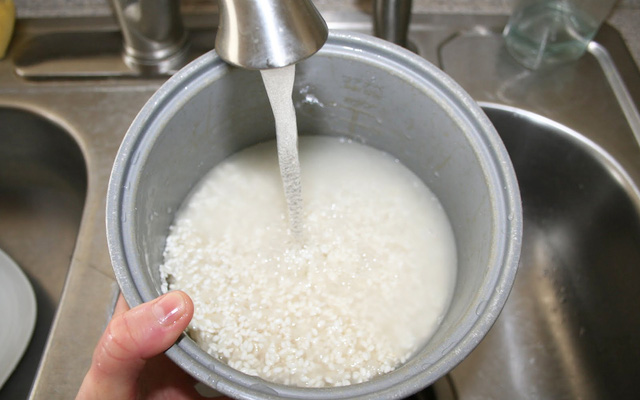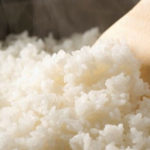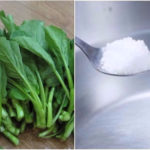Cooking Rice with Hot Water

Cooking Rice with Hot Water
Cooking rice with hot water is a traditional method commonly used in many households. The process of cooking rice with hot water has the following main characteristics:
- Short cooking time: Cooking rice with hot water usually takes only about 15 to 20 minutes for the rice to be cooked.
- Soft and sticky texture: Due to the high cooking temperature, the rice grains tend to be soft and sticky.
- Time-saving: This method is suitable for those who have little time for cooking and need rice quickly.
Cooking Rice with Cold Water
Cooking rice with cold water is a newer method and not as popular as cooking with hot water. The characteristics of this method include:
- Longer cooking time: Cooking rice with cold water takes longer than cooking with hot water, usually from 30 minutes to 1 hour or more.
- Slightly chewier texture: Due to the lower cooking temperature, the rice may be slightly chewier compared to rice cooked with hot water.
- Energy-saving: This method is more energy-efficient as it does not require heat to boil the water.

So, should you use hot or cold water for cooking rice?
Cooking rice with hot water does not necessarily retain more nutrients than cooking with cold water. Our ancestors have been cooking rice with cold water for generations. In this method, the rice is cooked from cold water until the water boils, evaporates, and the rice is dry.
“Recently, I’ve noticed that many housewives share the tip of cooking rice with hot water. This method will help the rice grains cook faster, shortening the cooking process. However, with this method, the rice will not absorb enough water to expand evenly and will definitely not taste as good as rice cooked from cold water,” said PGS Nguyen Duy Thinh.
According to the expert, during the process of cooking rice with cold water, the heat increases gradually until it boils. At this point, the rice will gradually absorb the water and cook. When the rice absorbs enough water, it becomes sticky, soft, and tastier.
The food technology expert added: “In theory, when cooking rice with cold water, the rice will expand, and the water will be absorbed from the outside to the inside. The substances from the outside of the rice grain will be absorbed into the inside, following the movement of the water flow.
Usually, the outer layer of the rice grain contains a lot of vitamin B1. This type of vitamin dissolves in water, so it will move along with the water flow into the inside of the rice grain. Even if the water boils and evaporates, there will be no loss of vitamins. If we explain it based on the principle of heat diffusion, cooking rice with cold water will reduce the loss of vitamin B1 in rice compared to hot water.”
However, these explanations are just theoretical. In reality, there is no experimental evidence to prove how much vitamin B1 remains when cooking with hot water and when cooking with cold water.
Choosing a Rice Cooking Method
The choice of rice cooking method (hot or cold water) usually depends on personal preference, time constraints, and usage needs. If you need rice quickly and prefer a softer, stickier texture, the hot water method is a suitable choice. On the other hand, if you want to save energy and are not in a hurry, cooking rice with cold water might be a good option.
Regardless of the method you choose, the most important factor is to cook the rice appropriately and make it taste delicious.
Grilling Chicken: How Mistakes Can Affect Taste and Well-Being
Cooking grilled chicken can be a tricky affair–one wrong move could lead to a tasteless, unappetizing dish that may even be unsafe to eat. Therefore, it’s important to understand the basics of grilling chicken and the common mistakes that can occur. In this article, we will explore the safety concerns surrounding grilled chicken and how to avoid them.



































